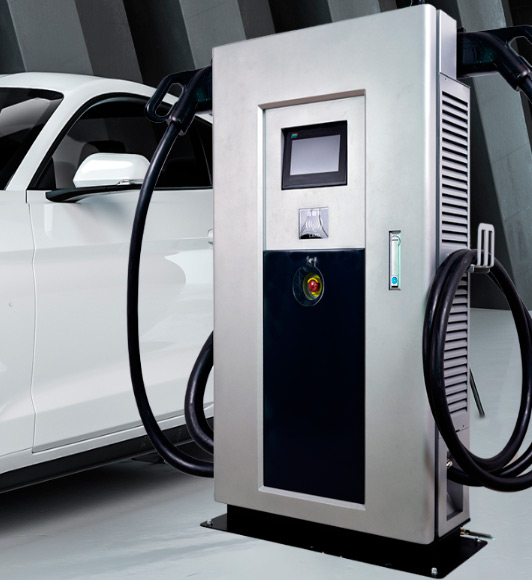
New energy vehicles, including electric cars and hybrid vehicles, have gained significant popularity over the past decade. With a growing emphasis on reducing carbon emissions and promoting sustainable transportation, the demand for these eco-friendly alternatives to conventional automobiles is on the rise. However, one crucial component that enables the adoption of these vehicles is the DC charger. This article aims to provide a detailed analysis of the prices associated with DC chargers for new energy vehicles, highlighting their significance in the overall adoption of electric and hybrid cars.
Several factors contribute to the price disparity of DC chargers for EV. The following are key elements that play a vital role in determining the cost:
One of the primary factors influencing the price of DC chargers is their charging speed and power output. Higher-speed charging capabilities and greater power output result in a higher price tag. DC chargers with fast charging capabilities, such as those that can charge an electric vehicle up to 80% in under 30 minutes, tend to be more expensive compared to slower options.
DC chargers come in various types, including CHAdeMO, CCS (Combined Charging System), and Tesla Superchargers. Each charger type is compatible with specific vehicle models and requires different infrastructure support. The cost of DC chargers depends on the technology, compatibility, and infrastructure requirements of the charger.
Similar to most consumer products, the brand and quality of a DC charger also impact its price. Well-known and reputable brands often charge a premium for their products due to their established reputation and reliability. High-quality chargers typically come with advanced safety features, extensive warranties, and enhanced durability, contributing to their higher cost.
The price range of DC chargers for new energy vehicles can vary significantly based on the factors mentioned above. On average, a basic DC charger with slower charging speeds and lower power output can range from $300 to $800. However, high-speed DC chargers with advanced features, compatibility with multiple vehicle models, and greater power output can cost anywhere between $1,000 and $10,000.
Additionally, it is essential to consider the installation and infrastructure costs associated with DC chargers. The installation expenses can fluctuate depending on the location, existing electrical infrastructure, and any necessary upgrades. These costs should be factored into the overall budget when considering the purchase of a DC charger for new energy vehicles.
MaxPower popular products: mobile charger ev, wallbox charger, dc chargers for ev, etc. Contact us now.
DC chargers play a pivotal role in facilitating the widespread adoption of new energy vehicles. While the price range of DC chargers can vary significantly, understanding the influencing factors will enable consumers to make informed decisions. As the demand for new energy vehicles continues to grow, innovative technologies and increased competition are expected to contribute to more affordable and efficient DC chargers in the future.